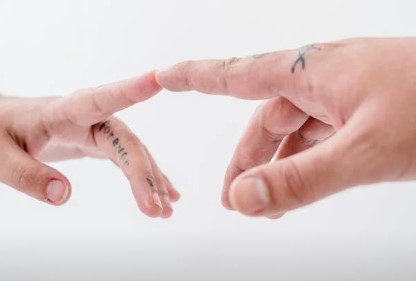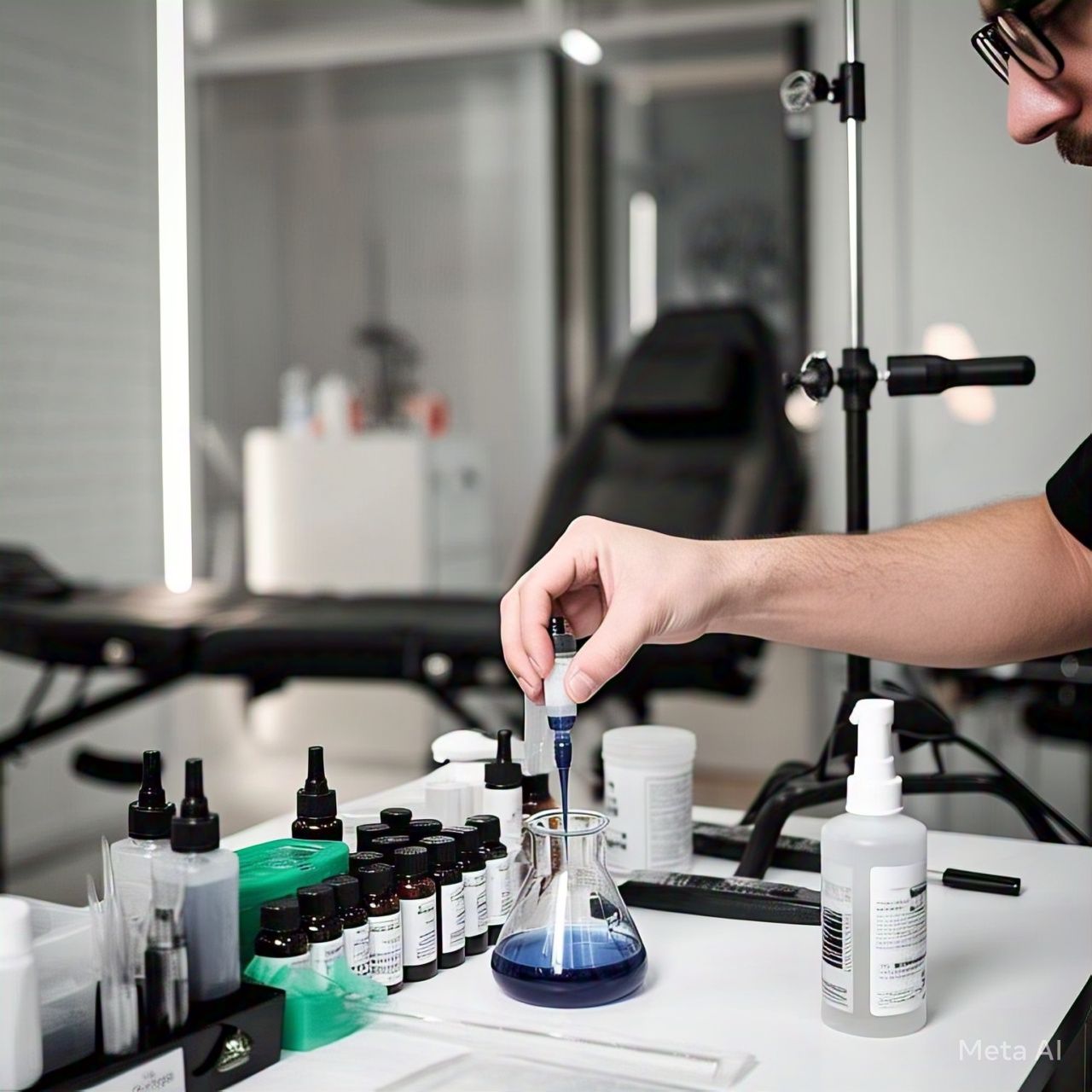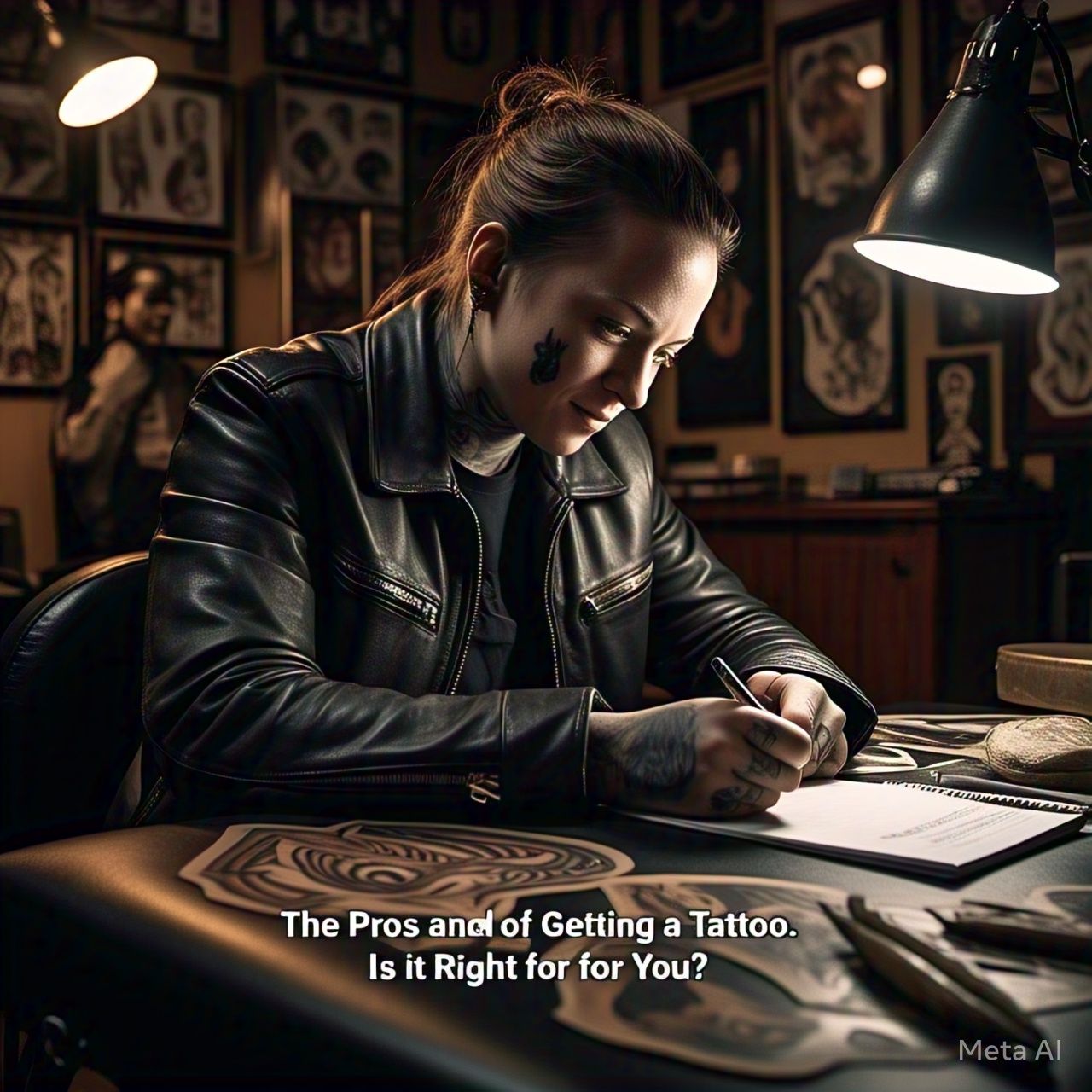Finger tattoos have gained immense popularity in recent years. Celebrities, influencers, and tattoo enthusiasts are embracing the appeal of these small yet stylish tattoos. While finger tattoos can be eye-catching and meaningful, they also come with unique challenges and considerations. If you’re thinking about getting one, this guide will provide everything you need to know about finger tattoos, including design ideas, pain levels, longevity, aftercare, and more.

Why Are Finger Tattoos Popular?
Finger tattoos are a trendy and bold choice for tattoo lovers. Here are some reasons why they are so popular:
- Visibility – Since fingers are constantly exposed, a tattoo here makes a strong style statement.
- Minimalist Appeal – Many people prefer small, delicate tattoos that fit their aesthetic.
- Symbolic Meaning – Finger tattoos can be deeply personal, representing love, commitment, or personal milestones.
- Trendy and Unique – Many celebrities, such as Rihanna and Miley Cyrus, have popularized finger tattoos.
- Versatile Placement – From the side of the finger to the knuckles, there are multiple areas to get creative.
Choosing the Right Finger Tattoo Design
Since finger tattoos are small, choosing the right design is crucial. Here are some popular options:
1. Minimalist Tattoos
Simple and clean designs, such as tiny symbols, initials, or geometric shapes, work well on fingers. They complement a minimalist aesthetic and are timeless.
2. Word Tattoos
Short words or phrases, like “love,” “hope,” or “strength,” are popular choices. These can be placed on the inside or outside of the finger.
3. Symbolic Tattoos
Symbols like hearts, stars, crosses, infinity signs, or zodiac signs are commonly chosen for finger tattoos due to their small size and deep meaning.
4. Wedding Ring Tattoos
Some couples opt for a permanent wedding band tattoo instead of a traditional ring. This symbolizes eternal commitment and love.
5. Animal or Nature-Inspired Tattoos
Tiny animals, leaves, flowers, or feathers can add an organic and artistic touch to your fingers.
6. Lettering and Initials
Many people get initials of loved ones or meaningful letters inked on their fingers as a sentimental tribute.
Does Getting a Finger Tattoo Hurt?
Yes, finger tattoos are considered more painful than tattoos on other body parts. Fingers have less muscle and fat, meaning the needle is working closer to the bone. Pain tolerance varies by individual, but expect a sharper, more intense sensation than tattoos in fleshier areas like the arms or thighs.
On a scale of 1 to 10, finger tattoos often rank between 7 and 9 in terms of pain.

Do Finger Tattoos Fade Quickly?
Yes, finger tattoos tend to fade faster than tattoos in other locations. Here’s why:
- Constant Use – Hands are exposed to frequent washing, friction, and environmental factors.
- Thin Skin – The skin on fingers is thinner, which makes ink retention more challenging.
- Ink Placement – Ink doesn’t settle as deeply into finger skin as it does on other body parts.
- Healing Challenges – Since we use our hands daily, healing can be disrupted, leading to premature fading.
To keep a finger tattoo looking fresh, touch-ups may be required.

Finger Tattoo Aftercare
Proper aftercare is crucial for longevity and to prevent infection. Follow these steps for optimal healing:
- Keep It Clean – Wash your hands gently with mild soap and lukewarm water.
- Avoid Excessive Moisture – Avoid soaking your tattoo in water (no swimming, long showers, or dishwashing without gloves).
- Apply Ointment – Use a recommended tattoo aftercare product to keep the tattoo hydrated.
- Avoid Friction – Minimize rubbing or excessive hand movements that may cause ink loss.
- Protect from Sun Exposure – Apply sunscreen once the tattoo is healed to prevent fading.
- Be Patient – Healing may take up to four weeks, and scabbing is normal. Avoid picking at scabs.
Are Finger Tattoos a Good Idea?
Before getting a finger tattoo, consider the pros and cons:
Pros:
- Unique and stylish appearance
- Meaningful and sentimental value
- Minimalist and small, perfect for discreet designs
- Great for people who love visible tattoos
Cons:
- Fades faster than other tattoos
- Requires touch-ups over time
- Painful compared to other placements
- Can be difficult to heal properly
- May not be accepted in some workplaces

How Much Do Finger Tattoos Cost?
Finger tattoos typically cost between $50 and $200, depending on:
- The complexity of the design
- The tattoo artist’s expertise
- The shop’s location
- The number of touch-ups required
Since they fade faster, additional touch-ups may increase the overall cost.
Do Finger Tattoos Suit Everyone?
Finger tattoos look great, but they may not be suitable for everyone. Here’s who should think twice before getting one:
- People who work in professional settings where visible tattoos are frowned upon.
- Individuals prone to skin issues such as eczema, as the tattoo may not heal well.
- People unwilling to commit to touch-ups since finger tattoos fade quickly.
Alternative Tattoo Placements If You’re Unsure
If you love the idea of a small, visible tattoo but aren’t sure about finger tattoos, consider these alternative placements:
- Behind the ear – Small, hidden, and stylish.
- Wrist – More durable than finger tattoos.
- Collarbone – Delicate and aesthetically pleasing.
- Ankle – Less exposure to friction than fingers.
Conclusion
Finger tattoos are a bold, stylish, and meaningful choice for those who love minimal yet eye-catching ink. While they come with challenges like fading and healing difficulties, they can be a great option if you’re willing to commit to proper aftercare and touch-ups. Whether you opt for a delicate symbol, a meaningful word, or a wedding ring tattoo, your finger tattoo can be a beautiful expression of your personality and values.
Before you get inked, research your design thoroughly, choose an experienced tattoo artist, and be prepared for the upkeep required to keep your tattoo looking its best. If you embrace the unique challenges of finger tattoos, they can be a stunning and personal addition to your body art collection.







